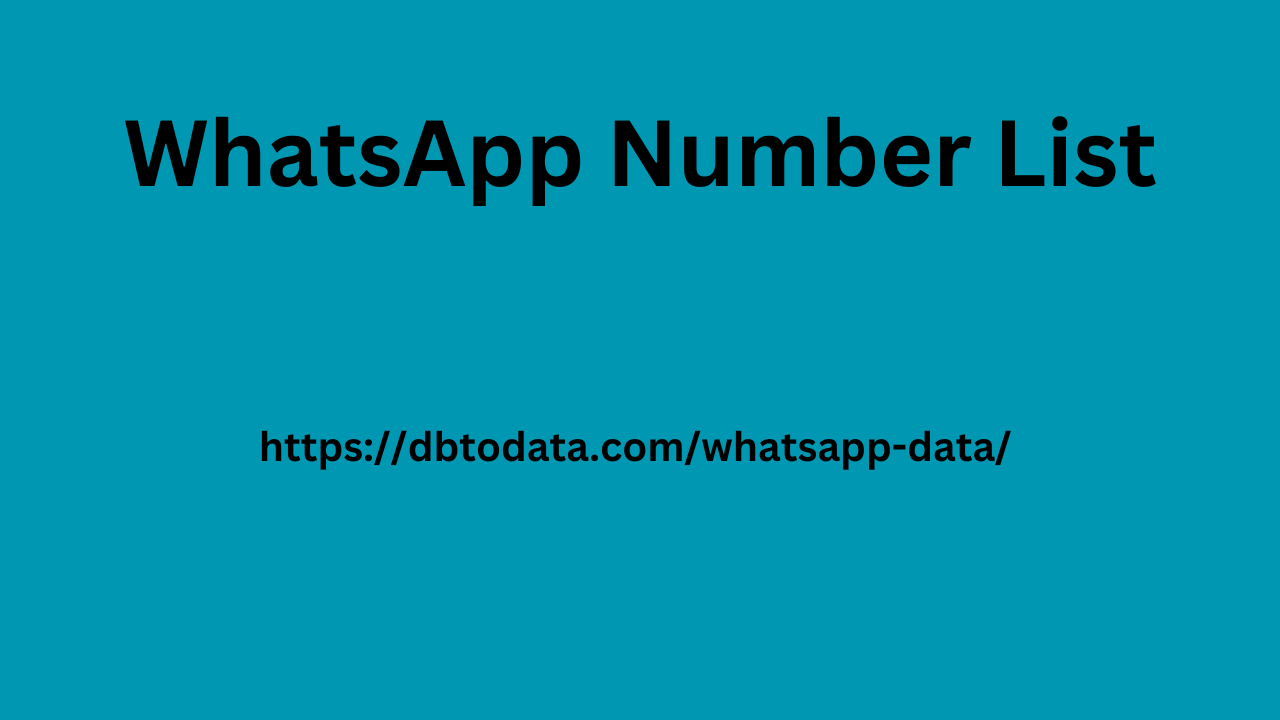|
|
Delve into each of them: 1. TOPIC DISCOVERY: Identifying the right topics, queries, terms, or phrases to optimize for is a foundational element in SEO strategy. AI-equipped tools excel at this task. They can sift through vast volumes of data, including search volume data, and unearth valuable patterns that inform content strategy. Tools like MarketMuse, Frase, and BrightEdge leverage AI to recommend what topics to create content about, specifically targeting keyword clusters.
These AI-driven tools can extract topics from search data, enabling SEO professionals Whatsapp Number List to gain insights into the strategies adopted by top-ranking websites for various search queries. 2. KEYWORD RESEARCH: AI’s prowess extends to comprehensive keyword research, a critical facet of SEO. Traditional keyword research can be time-consuming, and may need to pay more attention to nuanced variations in search queries. AI-driven tools, on the other hand, can identify relevant keywords and discern semantic relationships between them. They can suggest long-tail keywords, uncover emerging trends, and help SEO practitioners optimize their content for a broader spectrum of search queries. By employing AI, marketers can refine their keyword strategies and adapt to ever-evolving search engine algorithms.

CONTENT OPTIMIZATION: AI’s role in content optimization is transformative. It’s not just about creating fresh content; it’s also about enhancing existing content to rank higher for specific search terms. The AI-powered tools, such as MarketMuse, Frase, and BrightEdge, have this capability. They analyze your current content and provide actionable recommendations on improving it for better search engine rankings. This can include suggestions for keyword placement, content structure, readability, and more. AI-driven content optimization ensures your content aligns with the latest SEO best practices and user preferences.
|
|